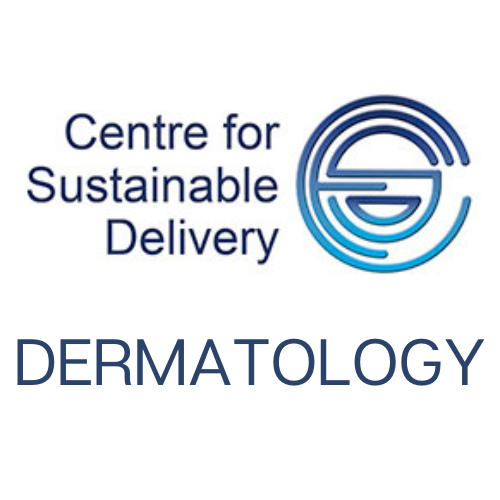Warts are caused by a common viral infection, the human papillomavirus (HPV). Most resolve spontaneously within a year or two. They may vary in appearance depending on the types of HPV, the anatomical site involved and the host immune response. They often have small black dots, representing coagulated capillaries, particularly evident on paring.
Common hand warts

Deep plantar wart (verruca)
- May be tender on pressure

Mosaic plantar wart
- May be slow to resolve in comparison to other warts

Plane wart
- Flat topped pink or pale brown. Often on face or other sun exposed sites

Filiform facial wart

Most patients with viral warts can be managed in primary care.
Consider no treatment as warts usually resolve spontaneously
Common hand warts
- Self treatment daily with salicylic acid (up to 26%) or glutaraldehyde paints or gels after paring the warts
- Continue treatment for at least three months then review
- Consider 3-weekly cryotherapy in non-responders, occlusion under waterproof plaster, and use in combination with topical therapy
- Cryotherapy may be distressing and therefore inappropriate for young children
Deep plantar wart / mosaic plantar warts
- Self treatment with daily salicylic acid paint (up to 50%)
- Paring of plantar warts with single-use file enhances treatment response
- Consideration of cryotherapy three weekly for up to 10 treatments: single or double freeze thaw cycle(s)
- Patients with painful plantar warts can be treated with corn plasters
Plane warts
- Plane warts often resolve spontaneously
- Avoid cryotherapy
- Apply topical retinoic acid if persistent
Filiform facial warts
- Do not apply wart paints
- Treat filiform facial warts with careful cryotherapy for 5-10 seconds to the wart but avoid surrounding skin
- Repeat every 2 or 3 weeks
